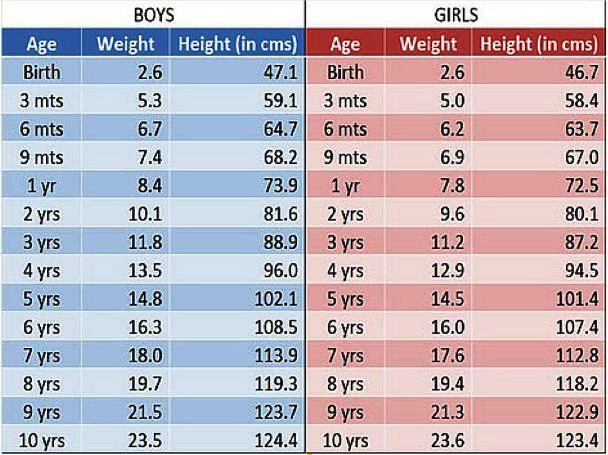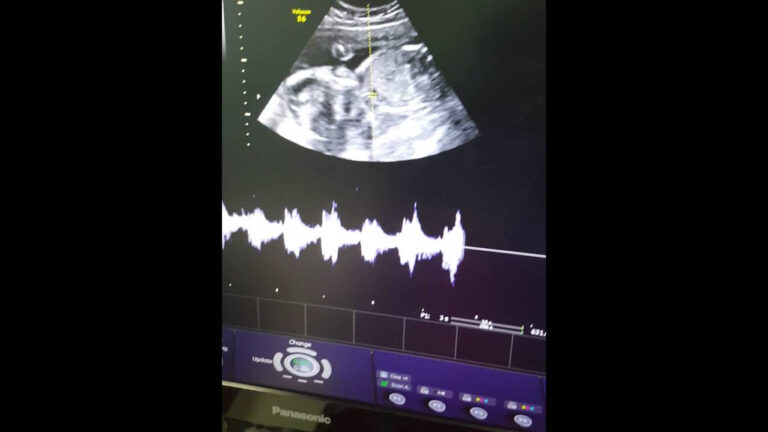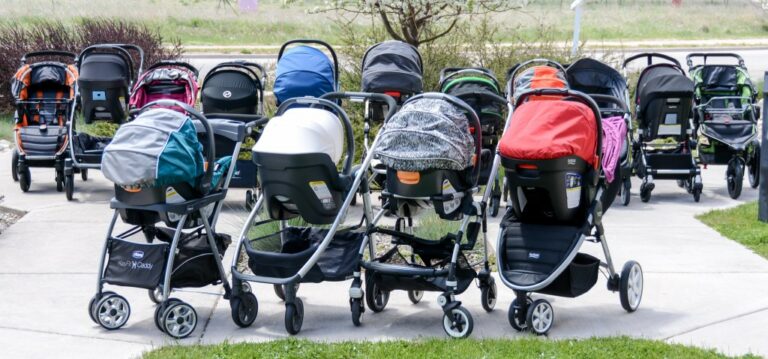How Old Is A 30 Lb Baby: Unveiling The Mystery
Have you ever wondered how old a baby would be if they weighed 30 pounds? The curiosity surrounding this question is understandable, as the growth and development of a child are fascinating topics for many parents and caregivers. In this article, we will delve into the details of how old a 30 lb baby would typically be, and what factors may influence their weight. Let’s explore this intriguing topic further!
Knowledge
When it comes to the weight of a baby, there are several factors to consider. The age of the baby, their height, gender, and overall health can all play a role in determining their weight. On average, a 30 lb baby would typically be around 18 months to 2 years old. However, it is important to note that this is just a general guideline, and individual variations can occur.
It is essential to remember that every child is unique, and their growth and development may vary. Some babies may reach 30 pounds earlier or later than others, depending on various factors such as genetics, diet, and physical activity. Monitoring a baby’s growth and weight is crucial to ensure they are healthy and thriving.
As babies grow, their weight typically increases at a steady pace. During the first year of life, babies usually double their birth weight by around 5-6 months and triple it by their first birthday. After the first year, the rate of weight gain may slow down, but it is still important to track their growth to ensure they are meeting developmental milestones.
Factors such as genetics, nutrition, and physical activity can all influence a baby’s weight. A balanced diet, regular exercise, and proper healthcare are essential for promoting healthy growth and development in infants and young children. Consulting with a healthcare provider can provide valuable insights into a baby’s growth and weight gain.
Conclusion
In conclusion, a 30 lb baby would typically be around 18 months to 2 years old, but individual variations can occur. Monitoring a baby’s growth and weight is crucial for ensuring they are healthy and thriving. Factors such as genetics, diet, and physical activity can all influence a baby’s weight and overall development.
For parents and caregivers, understanding the factors that contribute to a baby’s weight can help them provide the best possible care and support for their child. By staying informed and proactive about a baby’s growth and development, parents can help set the stage for a healthy and happy future.






